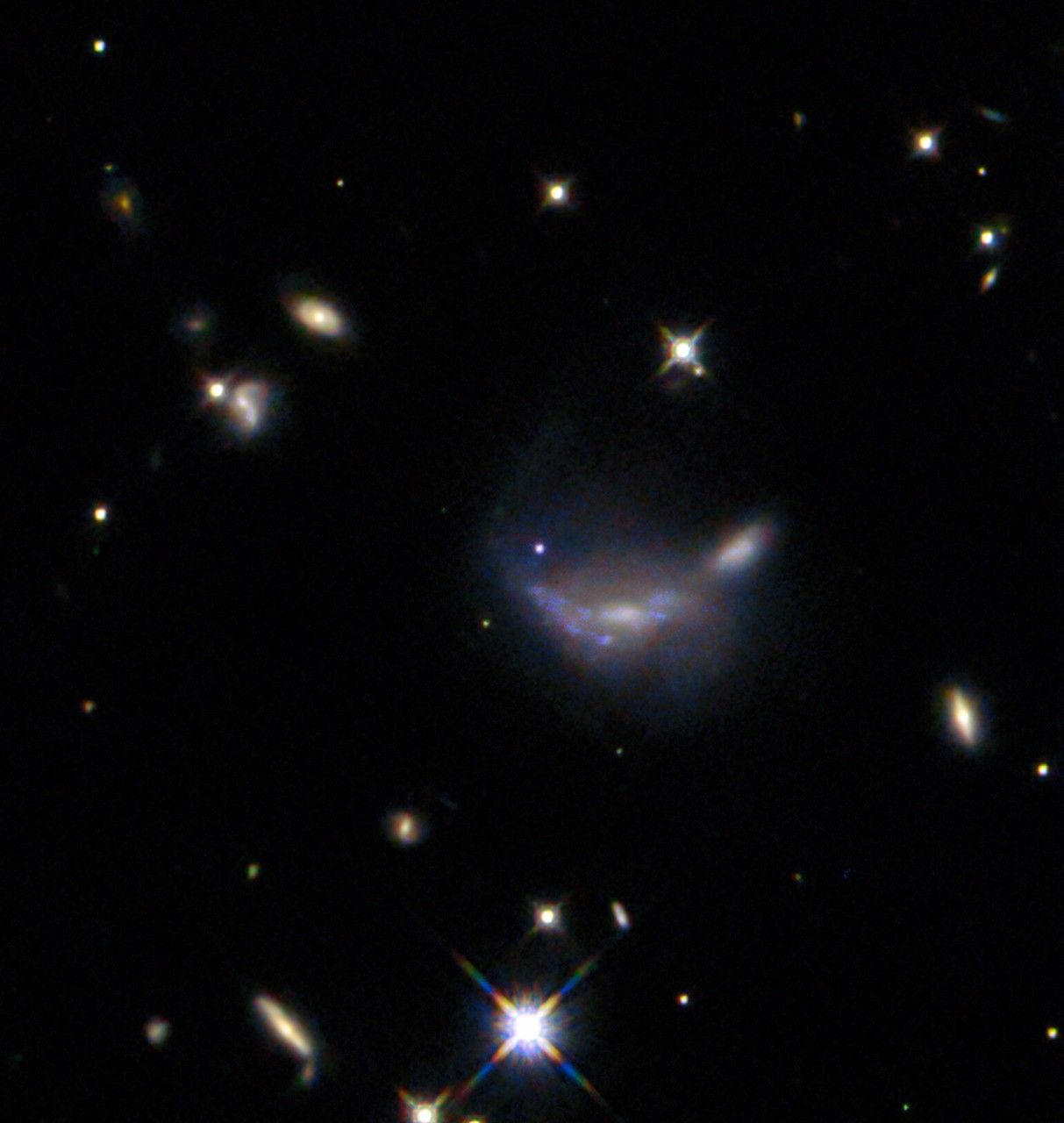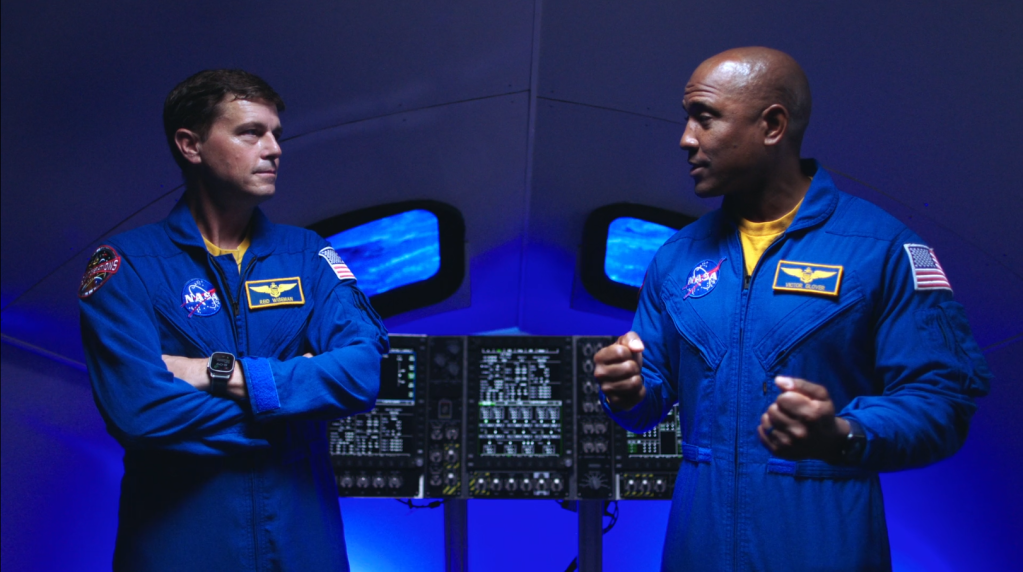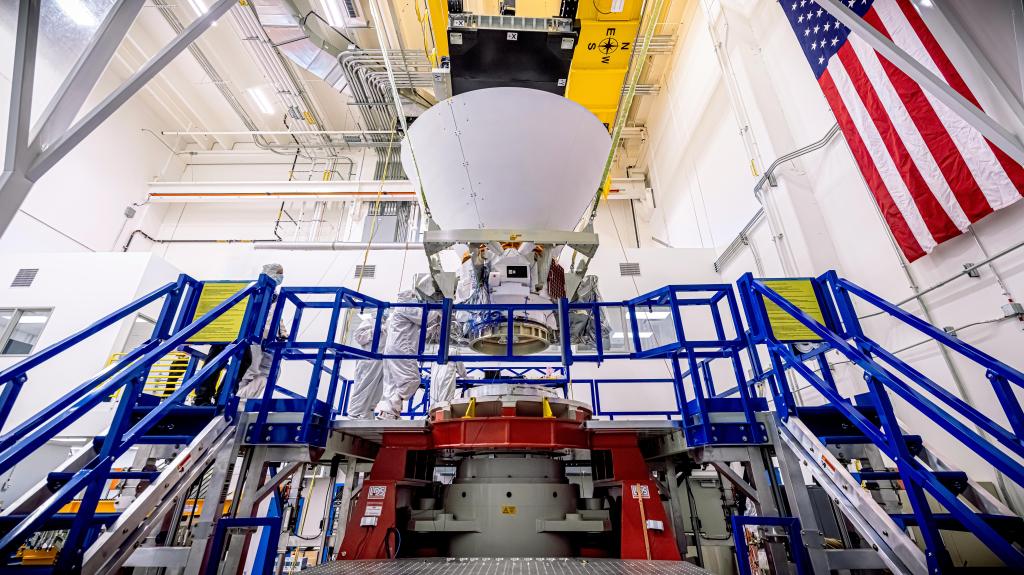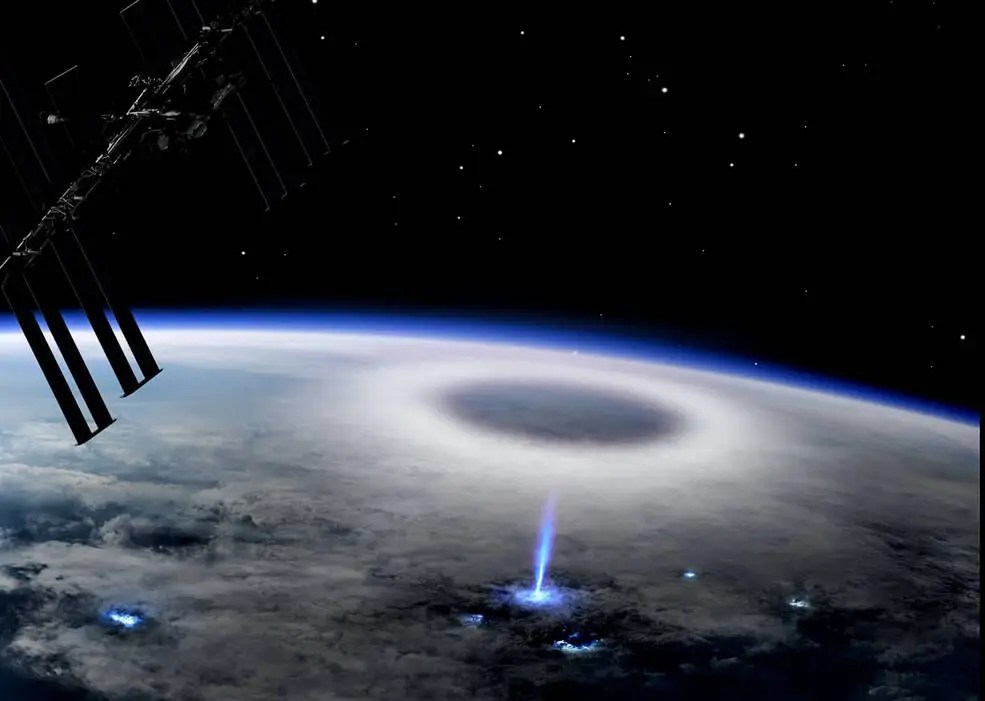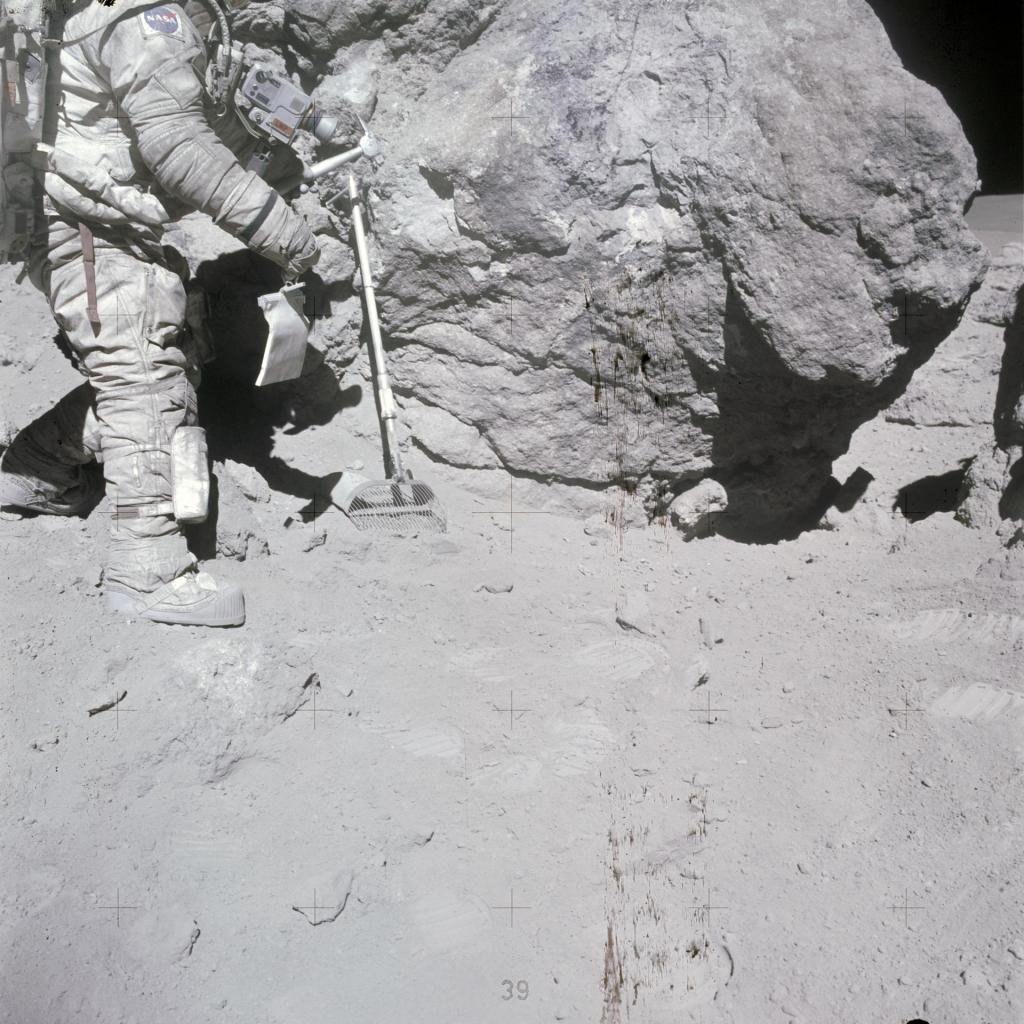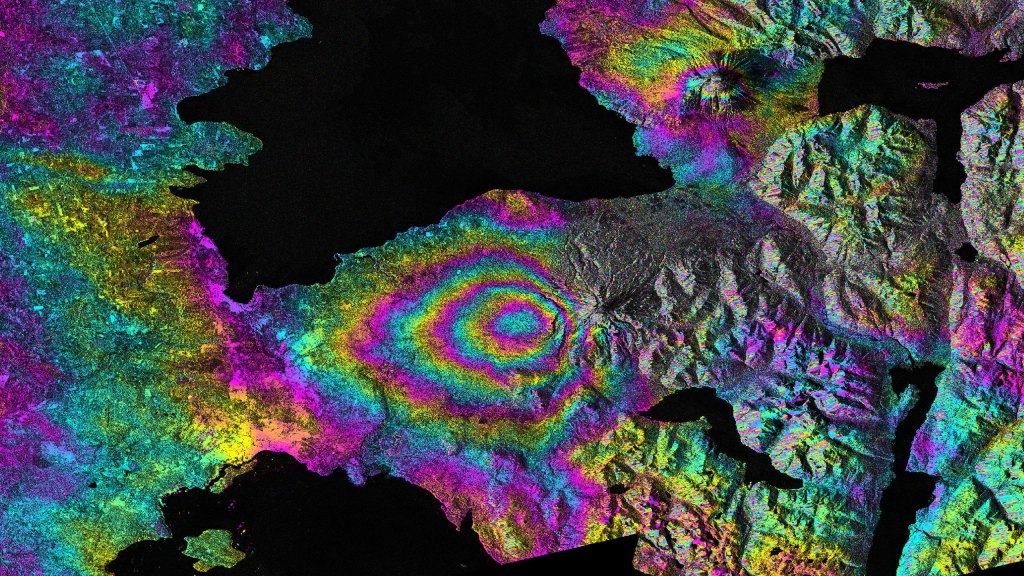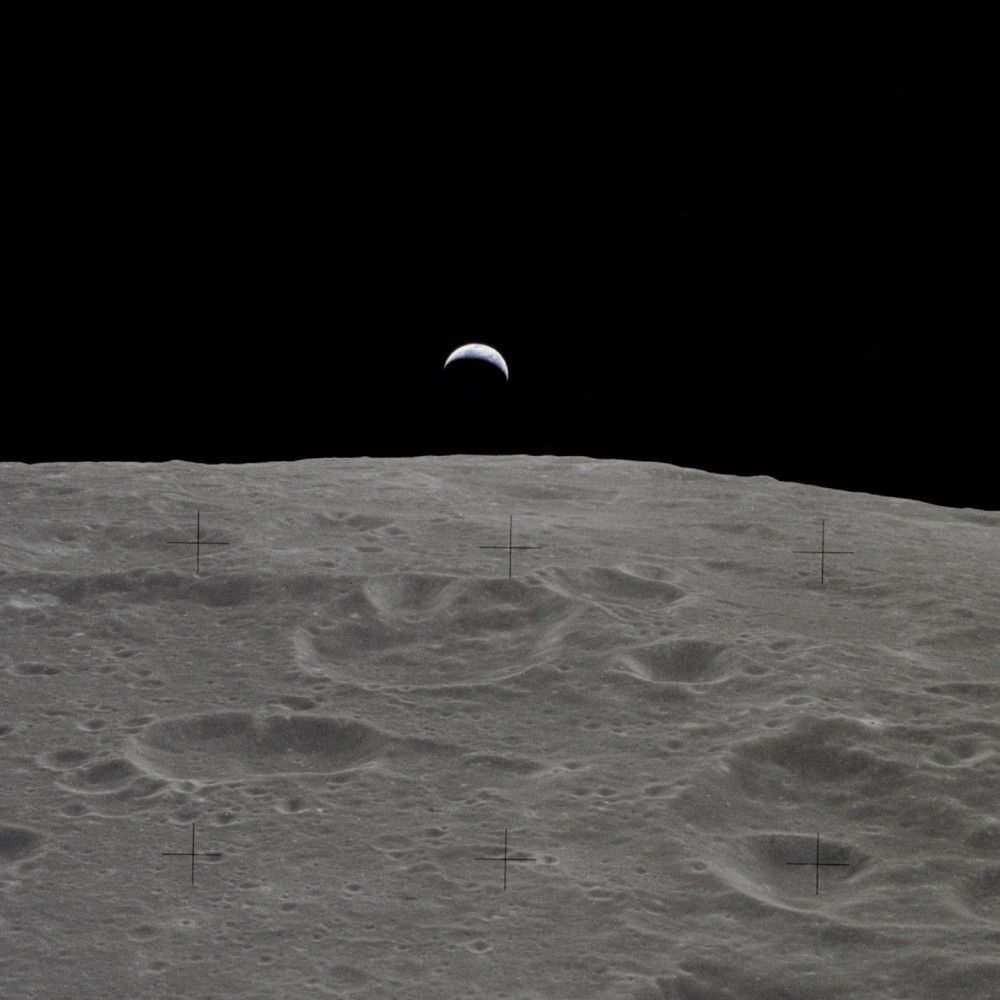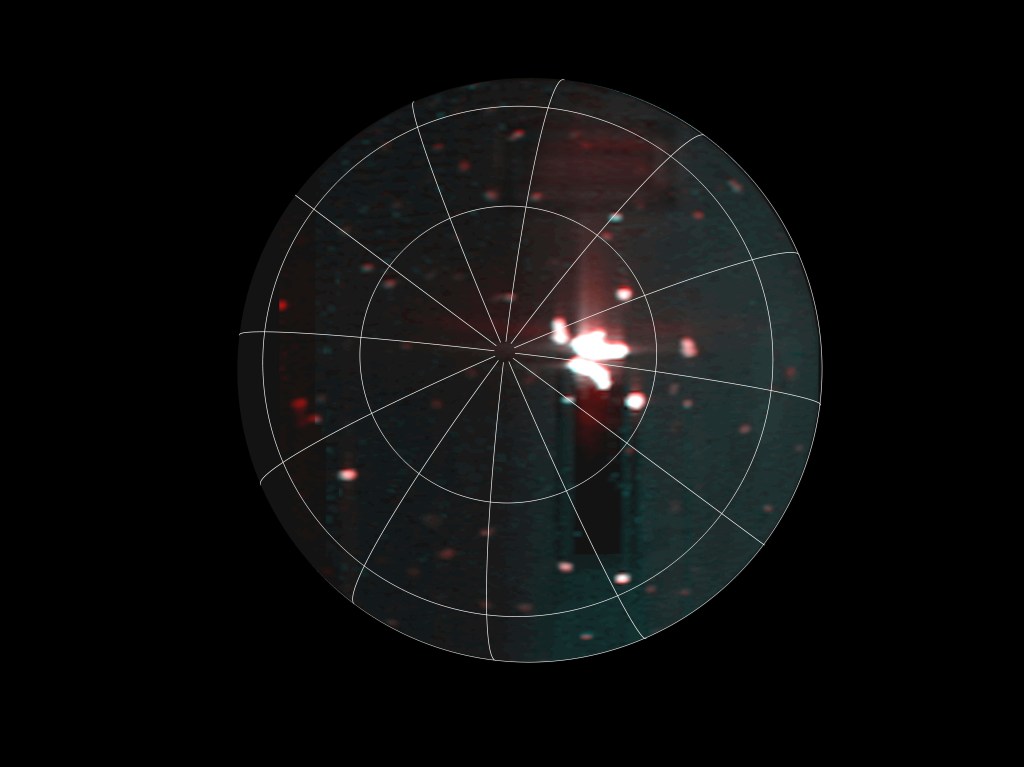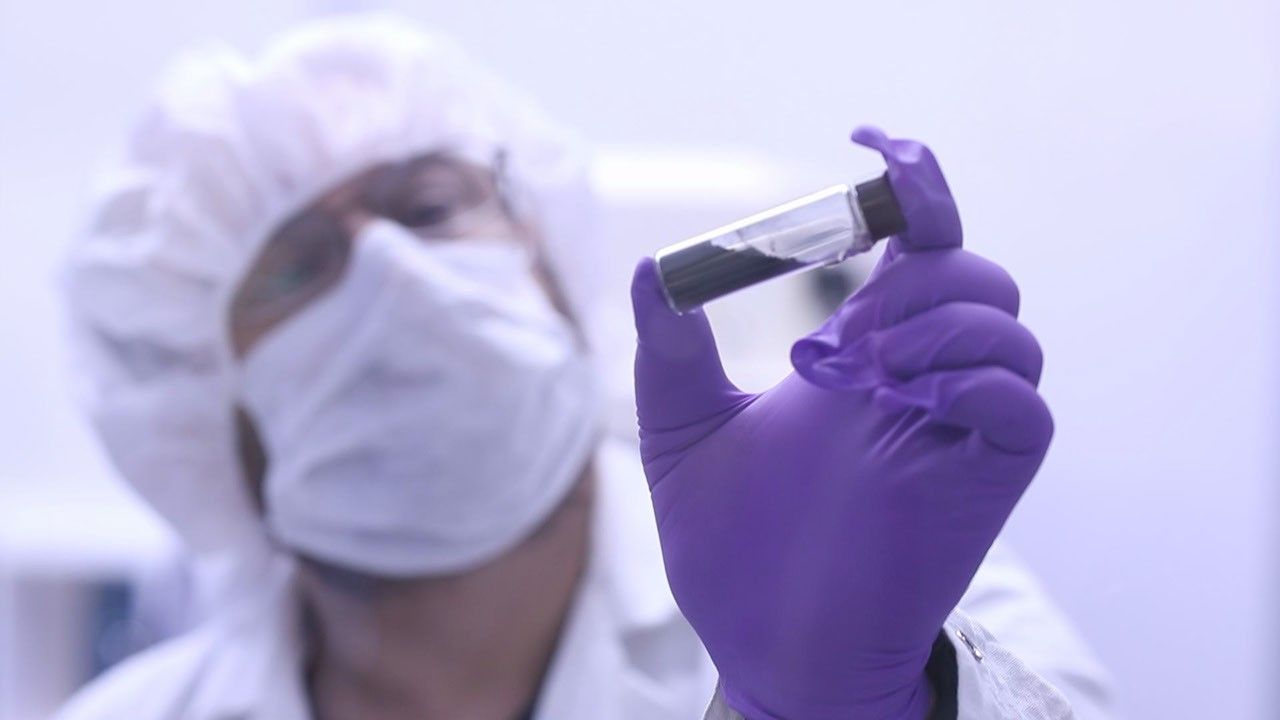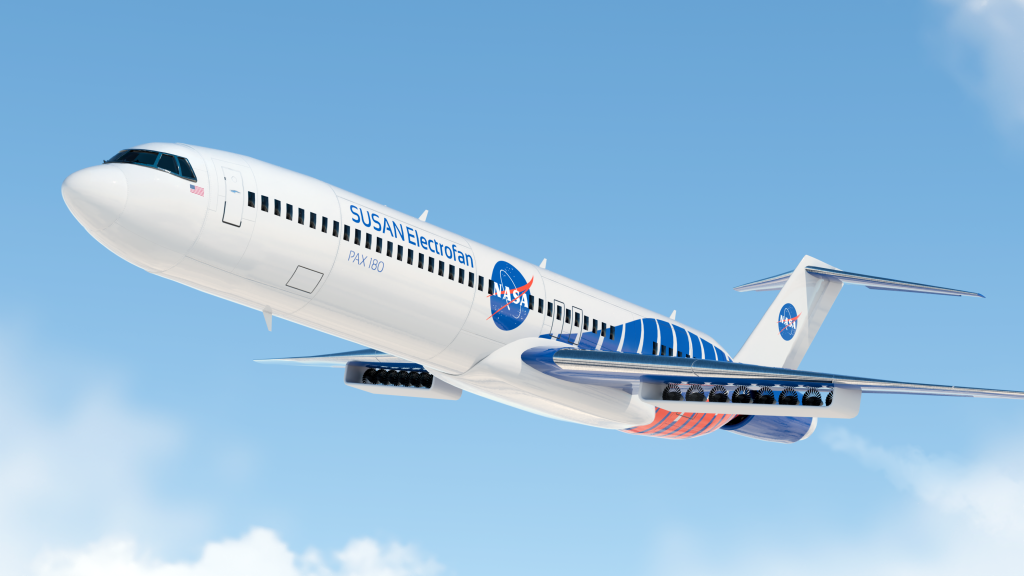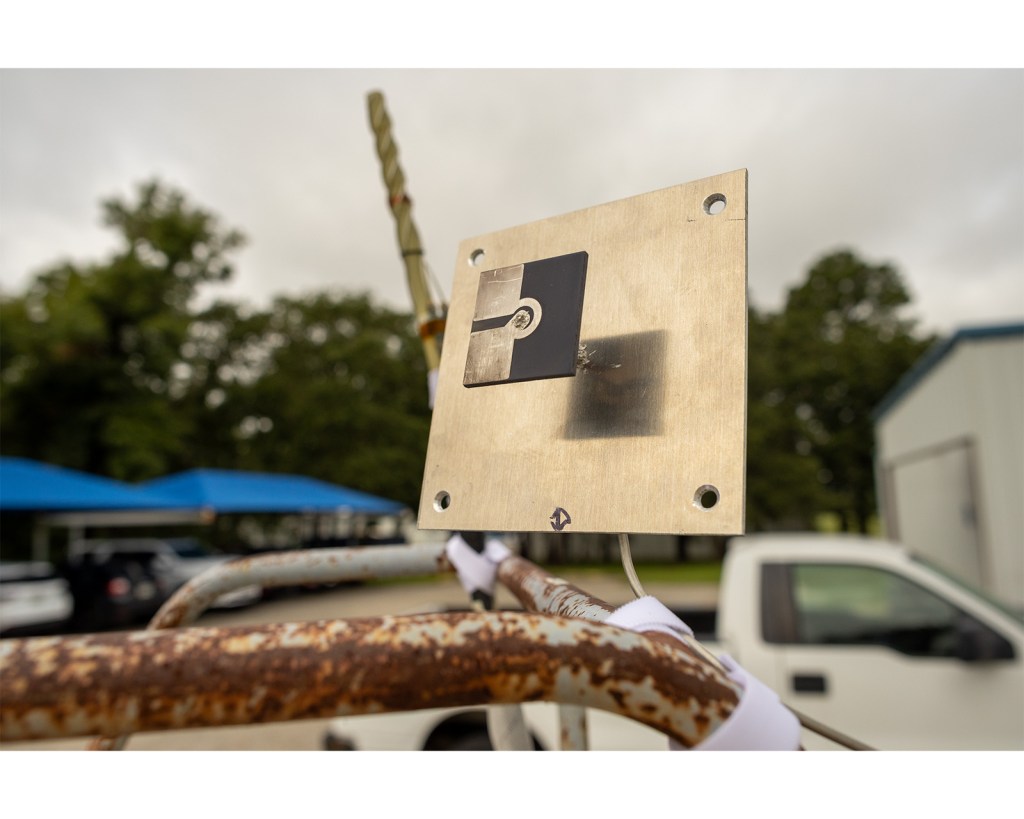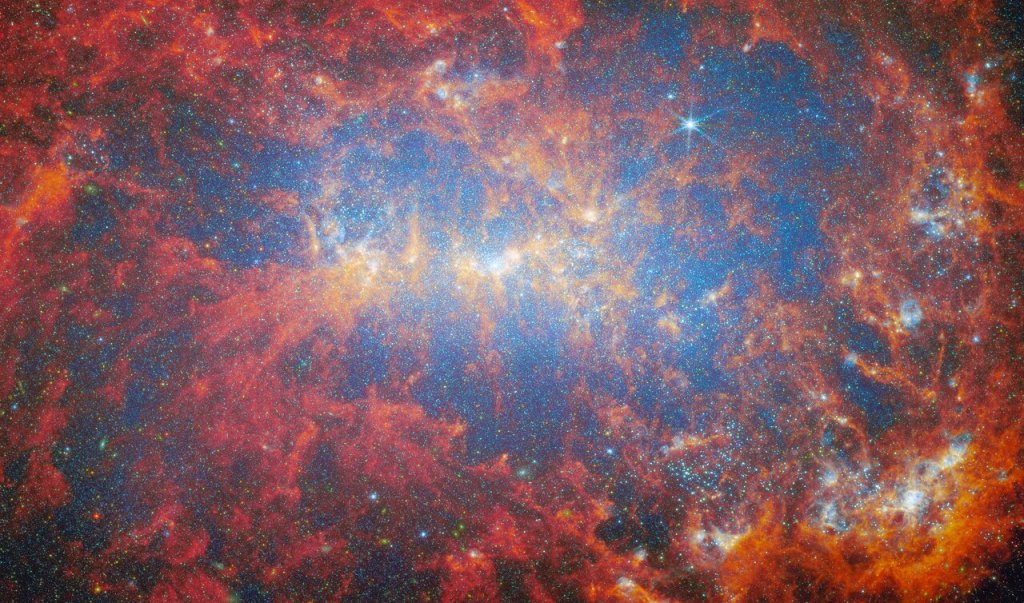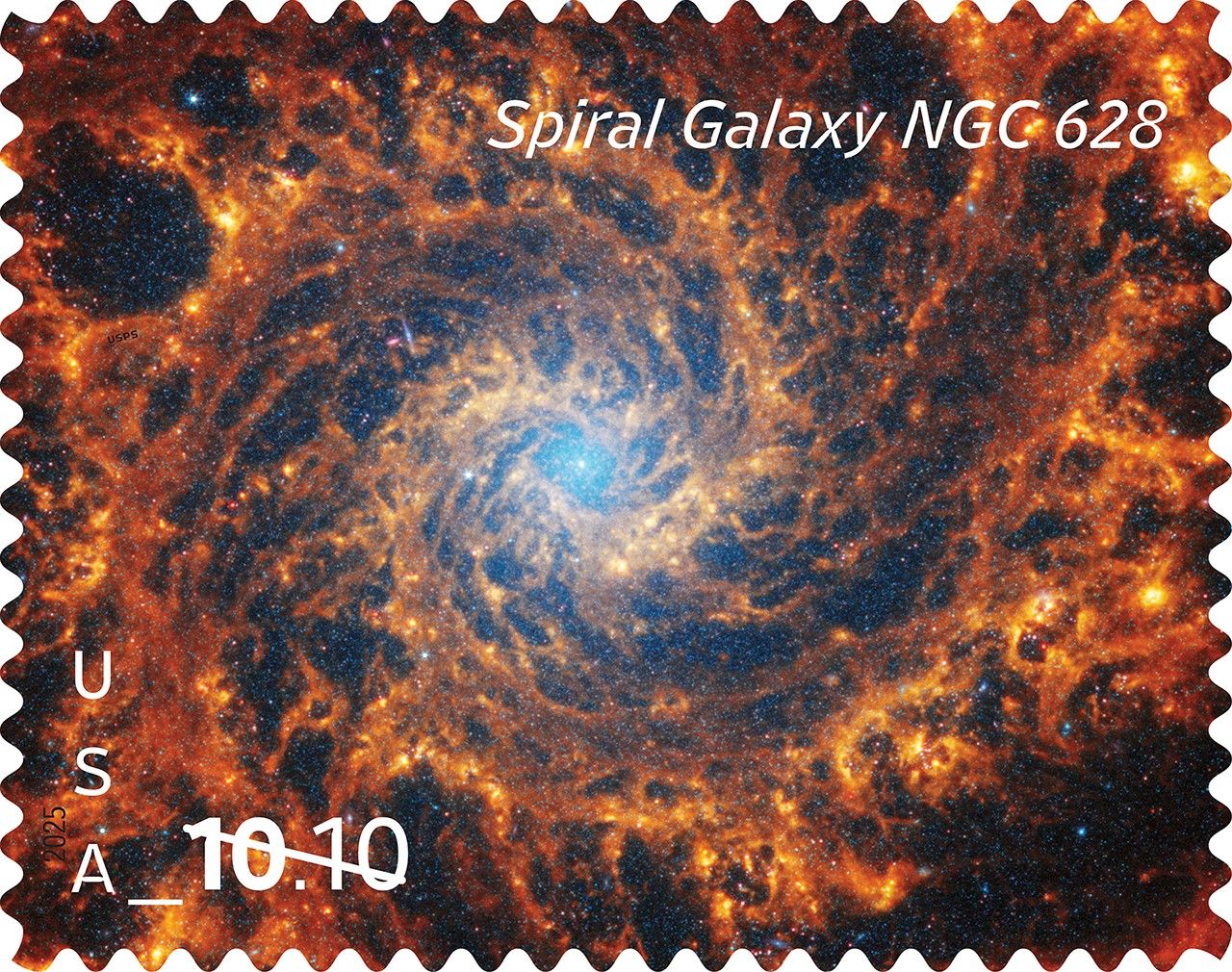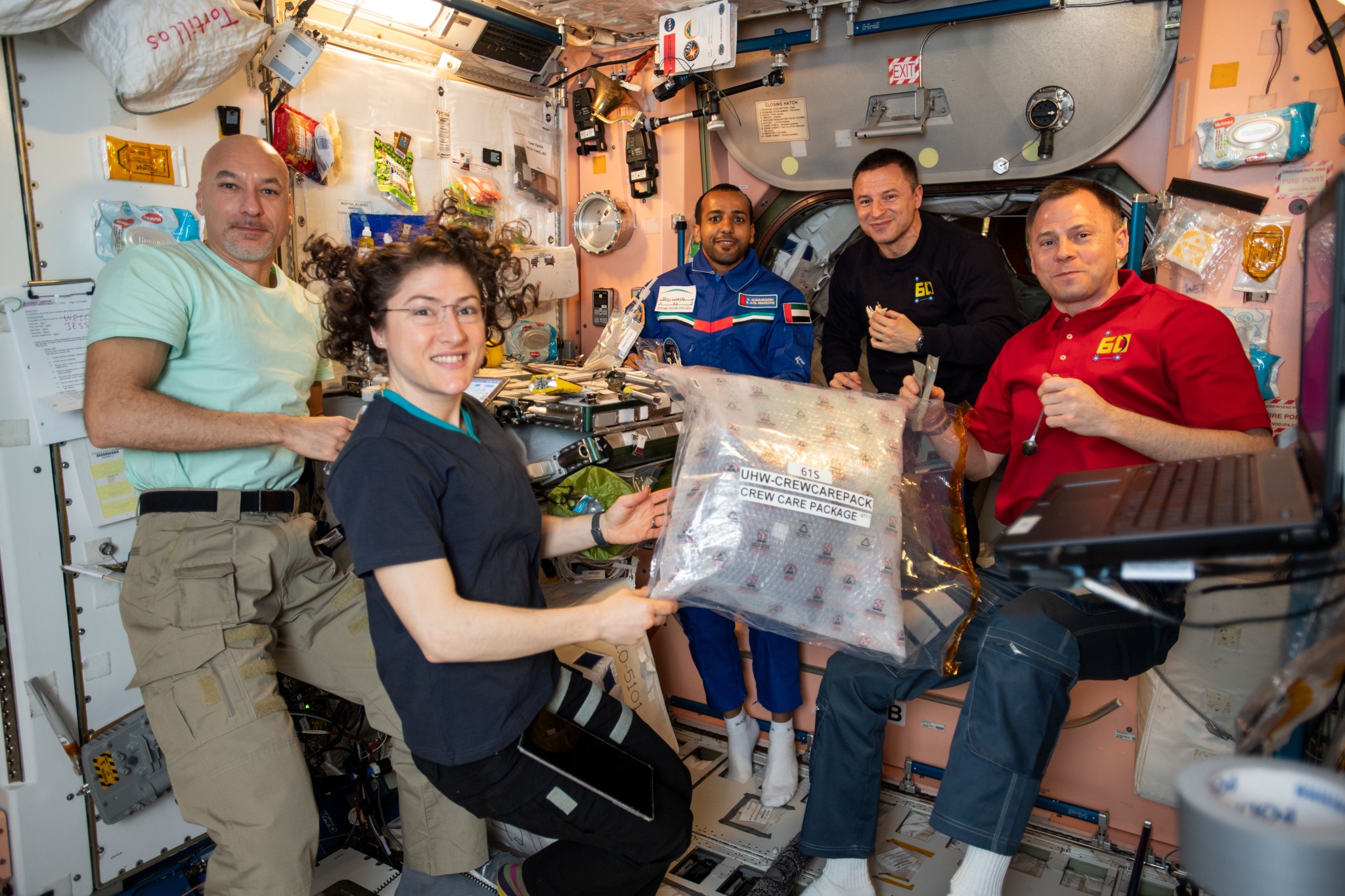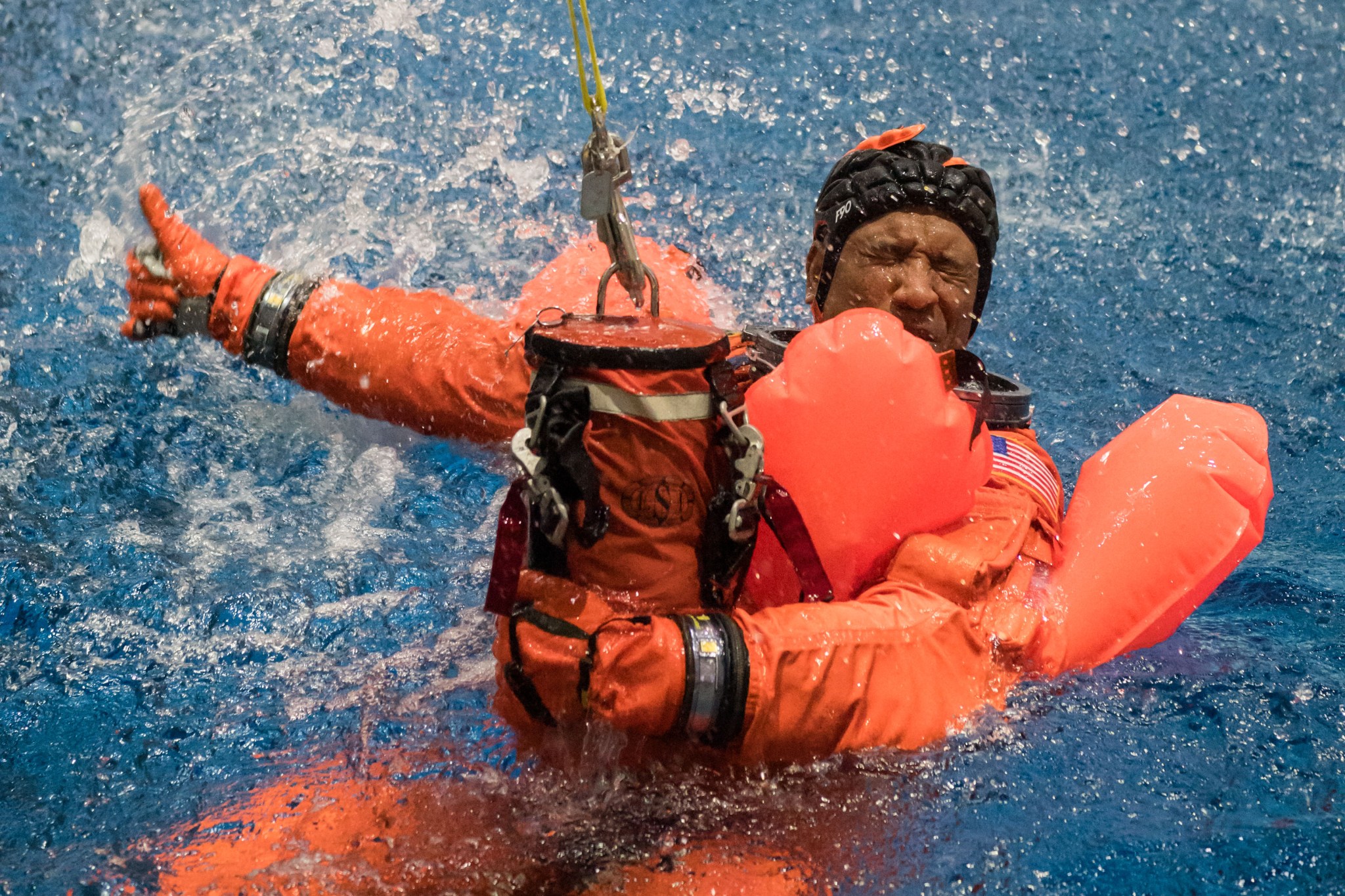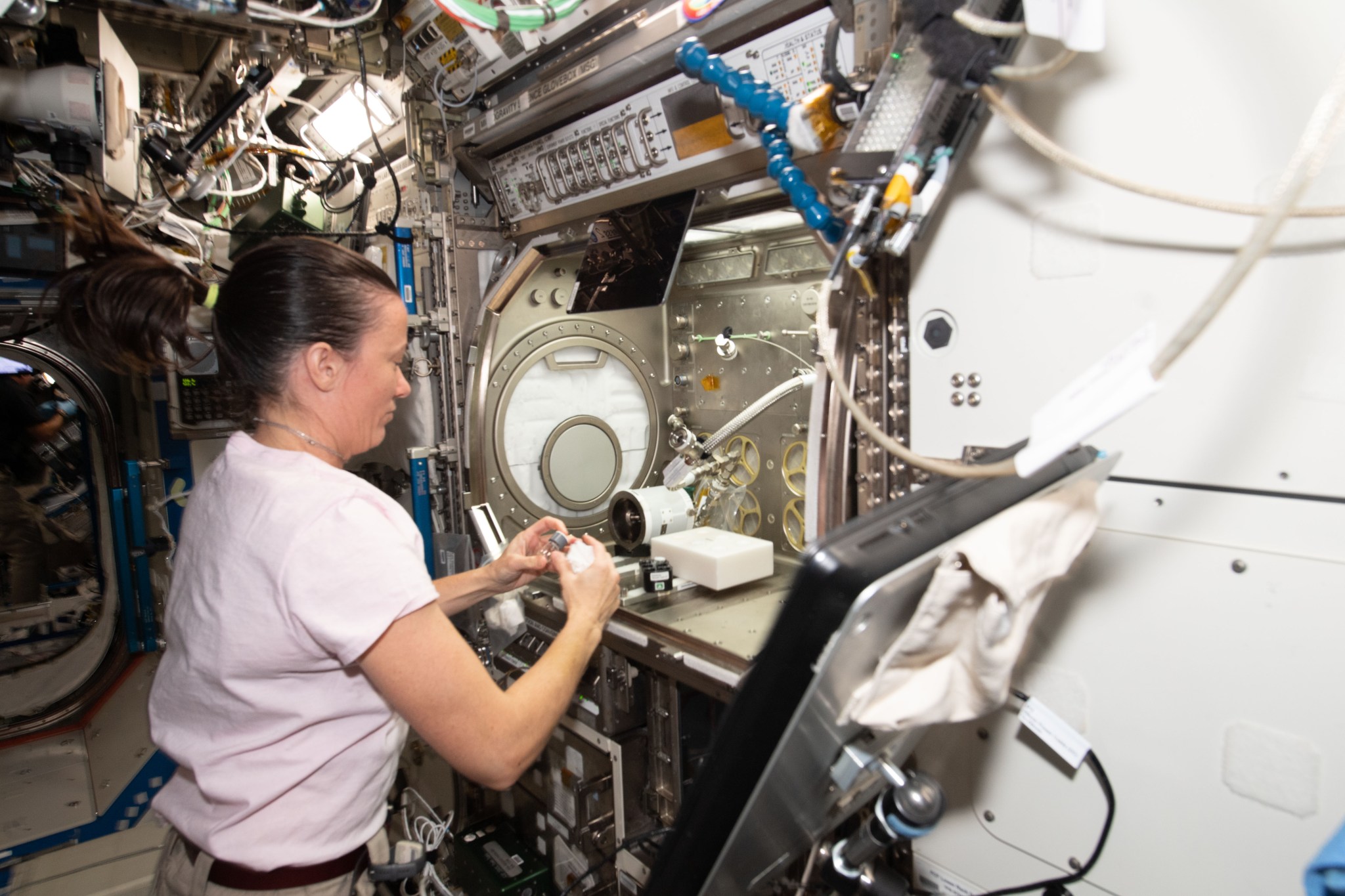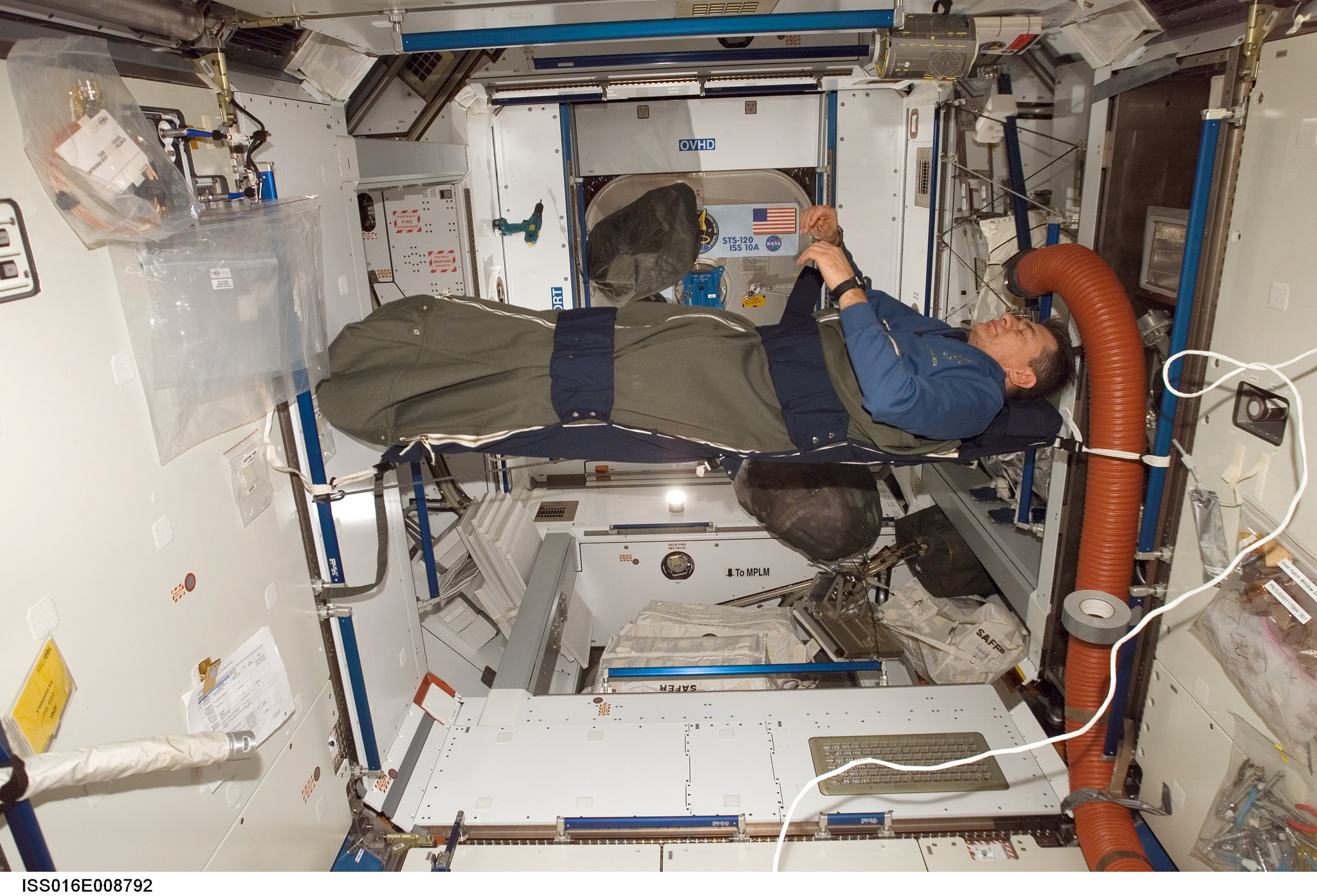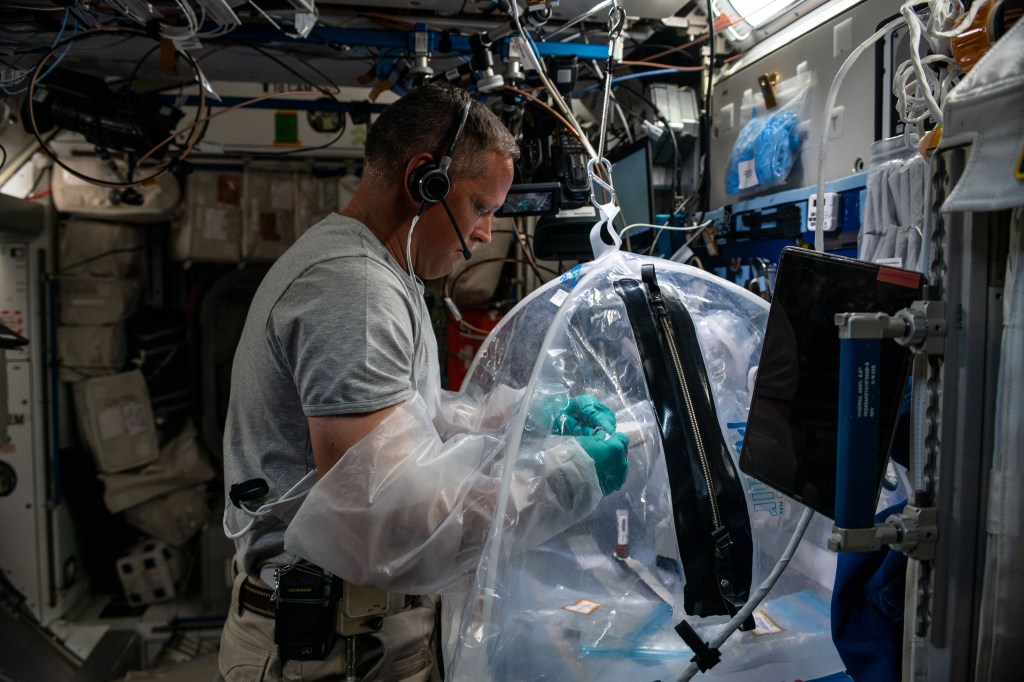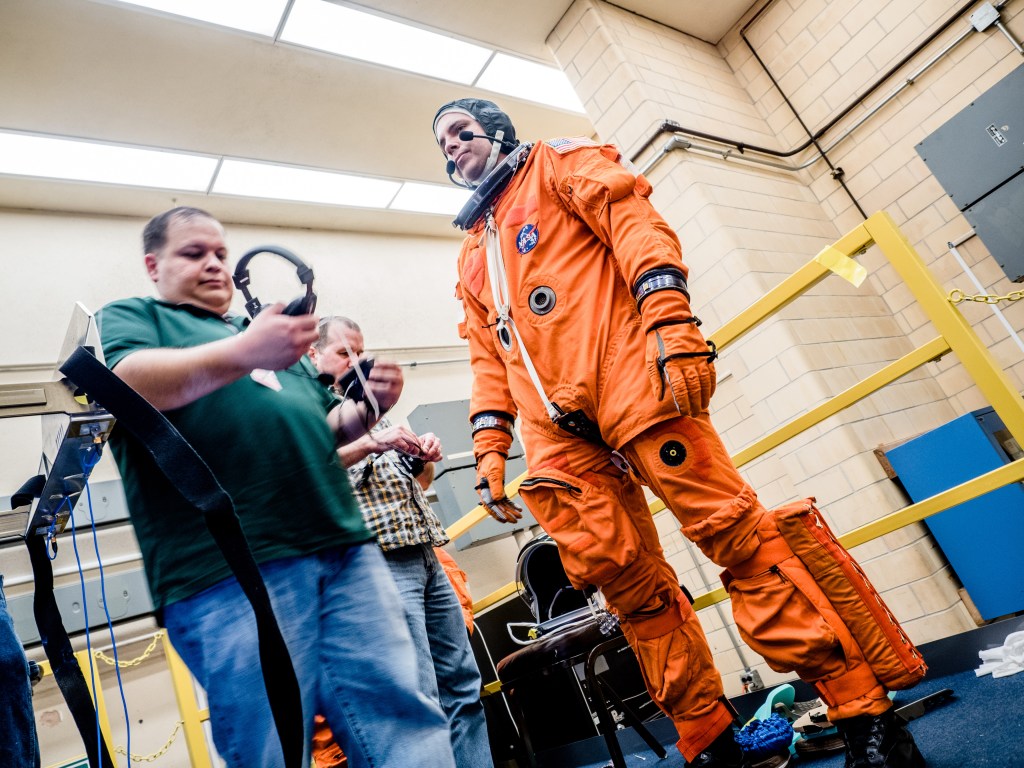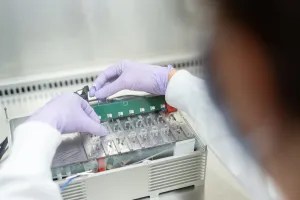Behavioral Health & Performance

Introduction
Johnson Space Center (JSC), recognized globally as a leader in human spaceflight, brings world-renowned skills and unique capabilities to the forefront for human behavior in space. JSC’s behavioral health and performance experts are an integral part of advancing human spaceflight by understanding the psychological response of humans to extreme environments. Highly skilled operational psychologists and research psychologists work together to support current astronauts and their families as well as conduct groundbreaking applied research to support future space exploration. We invite our partners to leverage our expertise and capabilities in understanding human behavior in the demanding environment of space so that together, we can push humankind’s presence further into the solar system.
Behavioral Health & Performance Research
Behavioral Health and Performance (BHP) Laboratory
Overview |
The Behavioral Health and Performance (BHP) Laboratory is responsible for understanding how the conditions of spaceflight affect the thinking and behavior of astronauts and teams, developing and testing evidence-based interventions, and developing new technologies that help them survive and thrive in these conditions. Their focus also includes the greater multiteam system that actively supports the success of astronauts in space, such as friends, family, and mission control.
Our researchers collect data in space and also on Earth in specialized environments designed to simulate extreme conditions, including altered day and night cycles, variable workloads, prolonged social isolation, and close living quarters. This research provides crucial insights into the impact of these conditions on individual and team behavior and performance, contributing to the development of effective strategies and support systems for astronauts and individuals facing similar challenges on Earth. The laboratory develops evidence-based interventions and strategies in helping humans to survive and thrive in extreme conditions of space exploration, working closely with engineers, computer scientists and other spaceflight experts to develop these innovative technologies. These specialized approaches are then tested in high-fidelity analog environments for their effectiveness before being transitioned to operational use.
Details | Specialized expertise in:
- Several areas of psychology including Industrial and Organizational Psychology, Human Factors Psychology, Clinical Neuropsychology, Clinical Psychology, Cognitive Neuroscience, and Health Psychology
- The development, assessment, and validation of measures of individual and team behavioral health and performance
- Research design, survey design, and psychometrics
- Human and team dynamics in extreme environments
- Individual and team task analysis
- Small sample research
- Conducting actionable applied psychological research which can inform operational decision-making
- Multidisciplinary collaboration to innovate measurement and research approaches, as well as the behavioral health, team and performance optimization technologies of the future
- Working closely with stakeholders in the transition of interventions and strategies to operations
Read more:
Behavioral Health & Performance Operations
Behavioral Health and Performance Operations
Overview | Behavioral health is an important concern within the Space and Occupational Medicine Branch. The Behavioral Health and Performance (BHP) Operations group provides a number of services for optimizing mission success for each astronaut and crew, including services for family members of active duty astronauts. The BHP’s specific areas of responsibility include behavioral medicine, psychological support, behavioral health assessment with former astronauts, astronaut selection and training as well as support for spaceflight analog missions. They also collaborate with the Human Factors and Behavioral Performance (HFBP) and the Exploration Medical Capabilities research elements of the Human Research Program to identify and address risks for exploration mission success beyond Low Earth Orbit.
Details | Areas of responsibility for the BHP operations team include the following:
- Providing a wide variety of individually-determined psychological support services for crewmembers and their families to maintain their behavioral well-being
- Offering family assistance throughout all phases of training, mission and postflight via the Family Support Office
- Developing and implementing training for small teams & individuals operating in isolated, confined, high-risk environments for extended durations
- Monitoring remotely the behavioral and cognitive health of ISS astronauts via Private Psychological Conference and computer-based, cognitive assessment tools
- Providing behavioral health care for astronauts and their dependents
- Providing Fatigue Management Services for astronauts assigned to missions and providing consultation to Crew Surgeons on issues related to spaceflight crews’ work-rest schedule and fatigue management during pre-flight training and in-flight
- Completing behavioral health and neurocognitive assessments with former astronauts as part of NASA’s lifetime surveillance program
- Conducting select-out and select-in processes for astronaut applicant screening
- Conducting applicant screening and monitoring services for crewmembers participating in ground-based, spaceflight analog missions
- Communicating to the Human Factors and Behavioral Performance Research Element concerns for behavioral health and well-being for exploration missions based on current, dynamic space flight operations experience. Also, transitioning research results to operations when available.
- Completing projects to identify and test capabilities that will mitigate BHP risks during missions beyond Low Earth Orbit.
- Debriefing and task analyses specific to needed crew skills based on design reference mission
- Fatigue management, lighting, and habitat design
Astronauts/Crew Perspective
Overview | Astronauts provide a unique and vitally important perspective on spacecraft design, operations, and safety. NASA JSC Flight Operations Directorate (FOD) selects, protects, and provides flight crews for NASA human space flight missions. With hundreds of astronauts selected since the inaugural class in 1959, NASA’s Astronaut Corps has unparalleled experience in human spaceflight activities. Astronauts support NASA human space flight programs that require crew input and expertise.
Details |
- Evaluating, testing, and development of new vehicle designs, hardware, and operations
- Providing valuable operations experience to help ensure crew safety
- Advocating from the unique perspective of the end user and highlighting items that may impact mission safety and success

